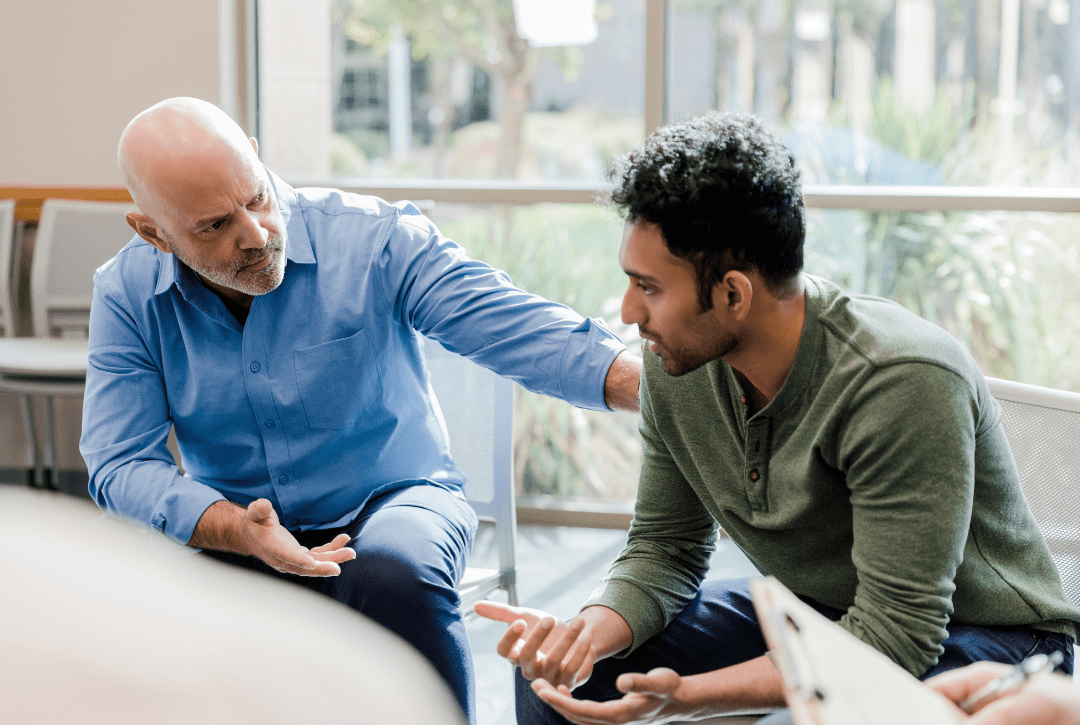Empathy is a fundamental element in effective counselling, crucial even in non-professional settings where one might assume an accidental counselling role. This article delves into the role of empathy in everyday counselling scenarios, underscoring its importance and how to nurture this vital skill.
Understanding Empathy in Counselling
Empathy transcends sympathy. While sympathy is feeling for someone, empathy involves feeling with them – stepping into their shoes, understanding their perspective, and sharing their emotions. In counselling scenarios, empathy enables the accidental counsellor to connect deeply, creating a supportive and understanding atmosphere.
Building Trust and Rapport
Trust and rapport are the foundations of any counselling relationship, including informal ones. Empathy fosters this bond, demonstrating genuine concern and interest in the individual’s well-being.
Facilitating Open Communication
Empathic listening is critical for open communication. It involves acknowledging and validating feelings, creating a safe space for free expression – essential for understanding underlying concerns and making individuals feel truly heard.
Enhancing Self-Understanding and Growth
Empathy can offer individuals insights into their emotions and behaviours, promoting self-reflection and personal growth.
Reducing Conflict and Misunderstanding
Misunderstandings and conflicts often stem from emotional disconnects. Empathy offers a nuanced perspective, leading to less conflict and more effective problem-solving.
Supporting Emotional Healing
Empathy is key in emotional healing, offering comfort and reassurance, and making people feel understood and less alone.
How to Cultivate Empathy
- Active Listening: Fully engage with the speaker, avoid interruptions, and focus on understanding their viewpoint.
- Open-Ended Questions: Encourage deeper exploration of emotions, thoughts, and actions.
- Non-Verbal Cues: Pay attention to body language and facial expressions.
- Reflective Responses: Paraphrase or summarise to demonstrate understanding.
- Avoid Judgement: Maintain an open mind, refraining from conclusions or unsolicited advice.
Conclusion
Empathy in counselling, whether accidental or professional, is about more than understanding feelings; it’s about human connection. By fostering empathy, accidental counsellors offer invaluable support, trust, open communication, and emotional healing. The essence of empathy in counselling isn’t to fix problems but to accompany someone on their journey, offering understanding and compassion.
Complimentary infographic available for download: The Role of Empathy in Everyday Counselling Scenarios
Visit previous article here: How to Be an Effective Listener: Techniques for Accidental Counsellors
For more information about the Accidental Counsellor Training go to http://accidentalcounsellor.com/
Interested in attending face to face? Check our venues here.
We also have online sessions available: 3 Hour Training | Full Day Online Training | Suicide Awareness Training for Teachers
Author Bio
Rocky Biasi, a seasoned educator and counsellor, holds a Bachelor of Education (Secondary), a Graduate Diploma of Counselling, and certifications in Clinical Hypnotherapy and Provocative Therapy. His career spans roles as a teacher, school counsellor, and private practitioner. Rocky is the creator of the Accidental Counsellor training program, which has empowered over 20,000 individuals in Australia, New Zealand, and South East Asia since 2010. His approachable style and dedication to fostering empathetic communication have made a significant impact in the field.

